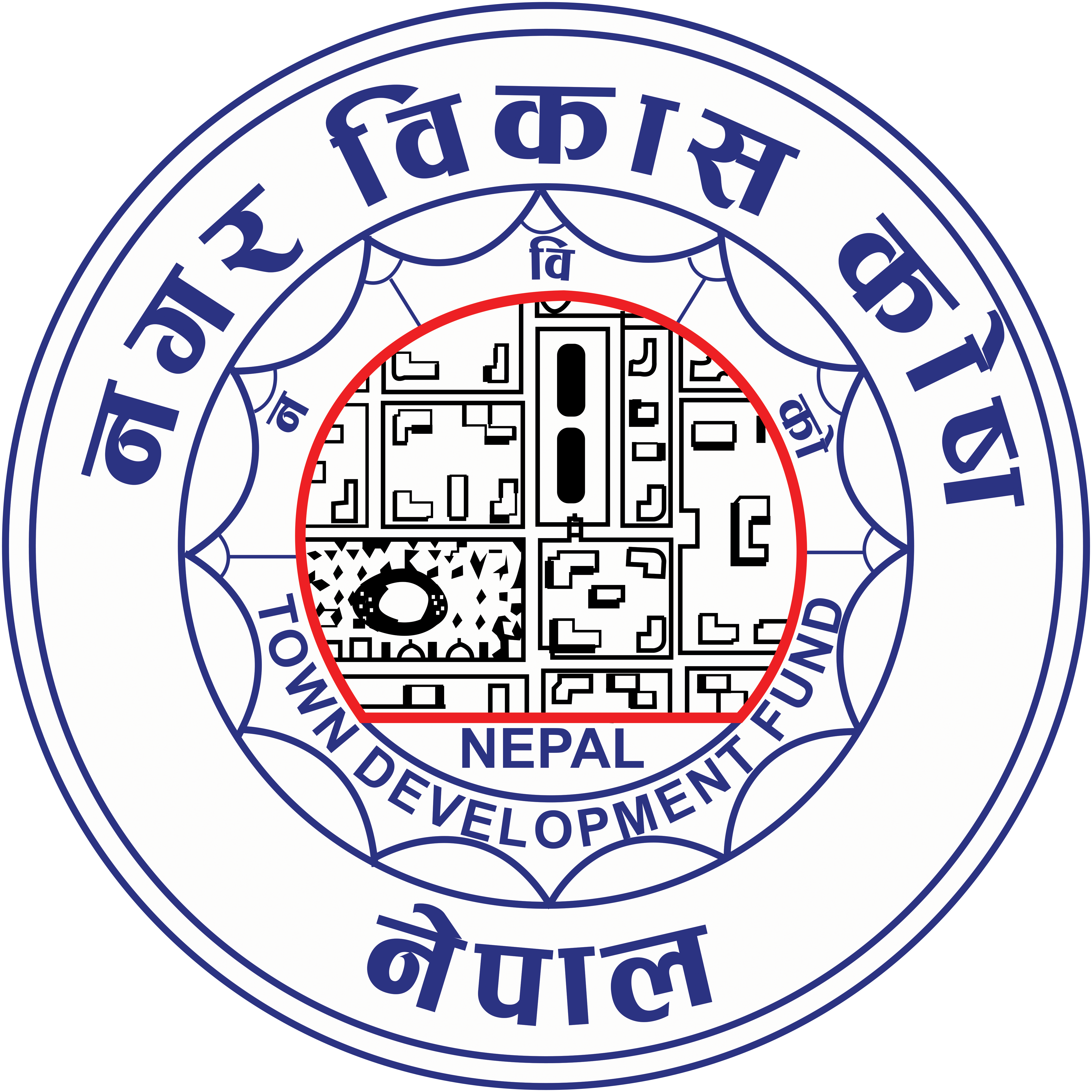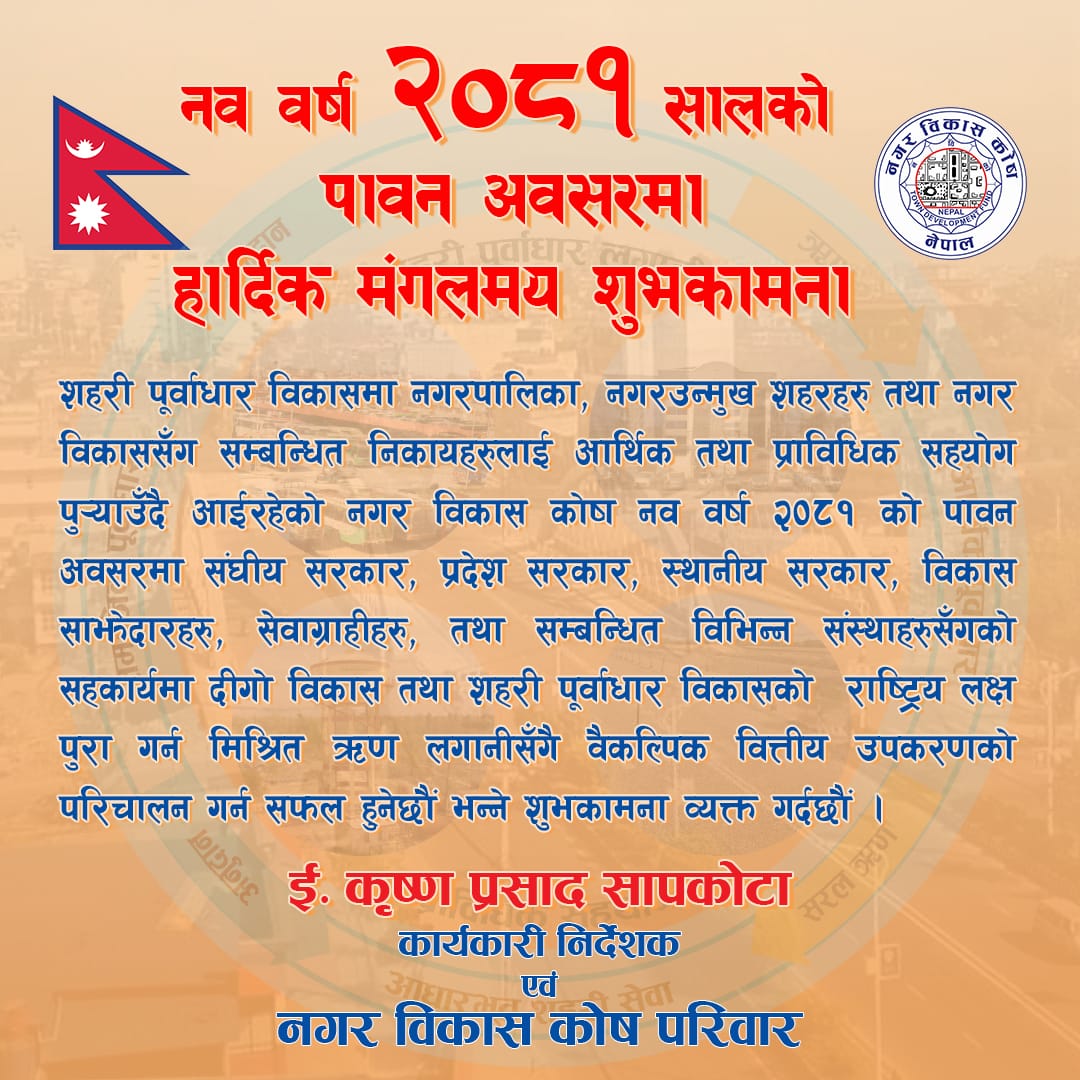Project Concept
The World Bank -Global Partnership for Output Based Aid (GPOBA) assisted project, the ‘Output-Based Aid for Municipal Solid Waste Management in Nepal’ (the OBA project). The main concept of the OBA project was to improve access to high quality and financially sustainable SWM services in participating municipalities and the subsidy to municipalities were disbursed to improve /incentivize the operation of solid waste management services.
TDF together with the Solid Waste Management Technical Support Centre (SWMTSC) were the central government counterparts under the OBA project as executing agencies. Project Objectives The main objective of this project was to incentivize and enable gradual development of beneficiary charging to improve the financial viability and enable the expansion of Solid Waste Management (SWM)services in five participating municipalities (Tansen, Lalitpur, Ghorahi, Dhankuta and Lekhnath-Pokhara).
Project Components
The OBA Project consisted has following 3 components:
Component I :
Service Delivery and Subsidy for each participating municipality over a four year period to cover the gap
between the costs of delivering solid SWM services and the beneficiary revenues collected through SWM
fees, provided that the services meet verified minimum performance criteria; Component II: Implementation support to municipalities is critical technical assistance to participating municipalities to help them in successfully implementing the project; and
Component III :
Project management, monitoring, evaluation and communications and verification of outputs and performance, baseline and beneficiary assessments, studies and other M&E activities. Financing Modality The GoN received funding from the GPOBA; a trust fund administered by the World Bank and GoN and WB signed municipality over a four year period to cover the gap between the costs of delivering solid SWM services and the beneficiary revenues collected through SWM fees, provided that the services meet verified minimum performance criteria;
Component II:
Implementation support to municipalities is critical technical assistance to participating municipalities to
help them in successfully implementing the project; and
Component III :
Project management, monitoring, evaluation and communications and verification of outputs and performance, baseline and beneficiary assessments, studies and other M&E activities.
Financing Modality
The GoN received funding from the GPOBA; a trust fund administered by the World Bank and GoN and WB signed
Project Highlights grant agreement on 25 March 2013 for the amount of US$ 4,288,381. The SWMTSC and the TDF were the two key implementing partners and provided provide necessary technical and project management support to the participating municipalities during the project implementation phase. Project Approval Date: March 25, 2013 (Grant Signing Date) June 21, 2013 (Effectiveness Date) Project Closing Date: 30 June 2017 Project Beneficiaries
The OBA Project piloted in five participating municipalities covering almost 800 thousands of beneficiaries and achieved strengthened capacity of municipalities with following development impact:
The impact of improved sanitation is significant, including:
• Health benefits from reduced exposure to environmental risks posed by unsanitary human
waste disposal.
• Economic benefits from reduction of medical expenses to treat water-borne diseases, increased productivity and capacity to work due to fewer days off from work related to water-borne disease, especially for mothers of children under five who are prone to diarrhea.
Output of the Project:
OBA Project disbursed subsidy to participating municipalities based on their capacity, that helped to bridge the financial gap and willingness-to-pay barriers which was preventing municipalities from achieving greater levels of cost recovery in solid waste management.
Project Status: Completed

